The world of freelancing is constantly evolving, and Malt's latest report offers a fascinating insight into current trends that are redefining the way businesses and freelancers interact. Here are the key points to remember from this study which highlights new freelancing practices, the expectations of freelancers, and the impact of these changes on the overall job market.
1. Towards a New Era of Recruitment
Companies are reviewing their freelance recruitment strategy, now prioritizing specific skills rather than the simple need for resources. This approach marks a shift towards quality and specialization.
2. The Adoption of Hybrid Teams
The line between in-house workers and freelancers is thinning, with large companies increasingly forming hybrid teams. This integration allows for increased flexibility and enrichment of skills within organizations.
3. Long-Term Collaborations
Unlike the previous trend where freelancers were hired for one-off projects, long-term collaborations are becoming the norm, a sign of a deeper partnership between freelancers and companies.
4. Confidence in Stability
Despite a slight decrease compared to the previous year, 69% of French freelancers feel confident in the long-term stability of their activity, reflecting a resilient optimism within the freelance community.
5. Most Wanted Skill Areas
The most sought-after sectors for freelance work include tech & data, marketing and communications, graphic design, business consulting, and administrative and legal services, revealing a diverse and growing demand.
6. Price Adaptation to Inflation
Faced with inflation, half of full-time freelancers increased their rates in 2023, however managing to remain competitive with traditional salaried positions.
7. Organizational Loyalty
More than half of freelancers maintain long-term relationships with organizations, completing several assignments within a two-year period, which highlights the importance of loyalty and mutual satisfaction.
8. Selectivity according to Values
A large majority of freelancers (74%) are ready to refuse missions that do not correspond to their ethical or professional values, highlighting the importance of aligning values in the choice of projects.
9. Catalysts for Change
Freelancers are sought after for their unique expertise and their ability to bring innovative skills, positioning them as key players in innovation in their respective fields.
10. Investment in Training
More than half of freelancers invest in their continuing education, with 53% completing at least one training or certification each year, underscoring their commitment to staying at the forefront of their industry.
11. Comparison of Income with Employee Status
In a majority of European countries, 72% of full-time freelancers estimate they earn as much, if not more, than they would as employees, reaffirming the financial attractiveness of freelancing.
The Preference for Freelancing
The most revealing conclusion of this study is undoubtedly the marked disinterest in the permanent contract (CDI), with 90% of freelancers expressing no desire to return to a traditional salaried position. This figure even reaches 100% within certain teams, like that of the author, highlighting a deep satisfaction and a preference for the flexibility, autonomy, and opportunities that freelancing offers.
These trends illustrate not only changing ways of working, but also a broader transformation of professional expectations, organizational structures, and job markets. Freelancing, far from being a simple alternative to salaried work, is now asserting itself as a viable and rewarding career choice, offering new perspectives to both independent workers and businesses.



Share: